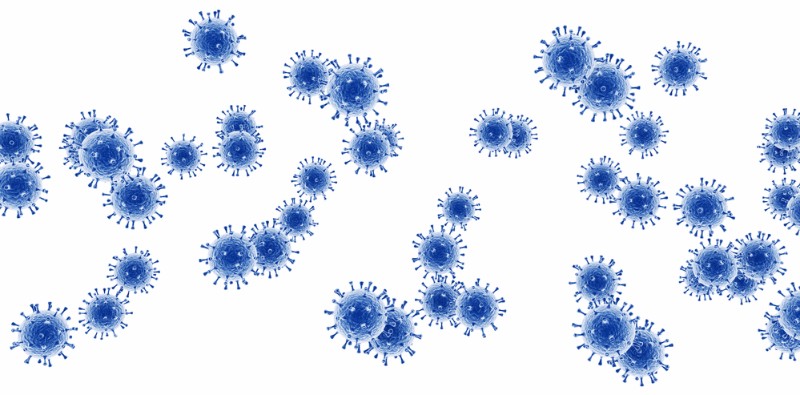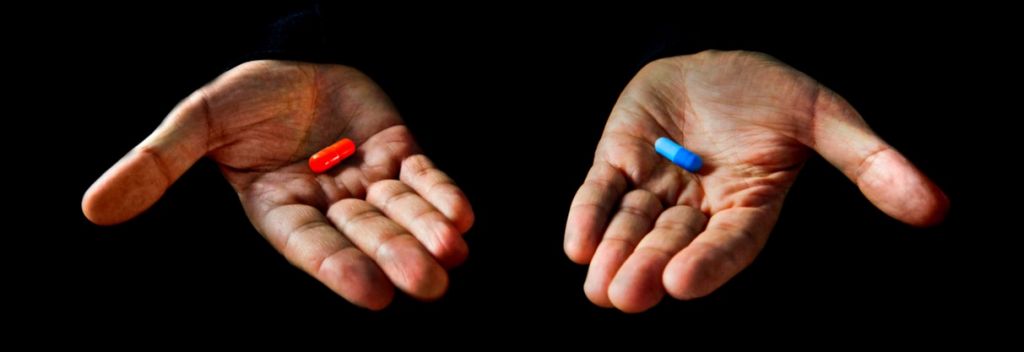Newsletter Signup - Under Article / In Page
"*" indicates required fields
Update (04/04/2019): ViiV Healthcare’s two-drug HIV treatment, Juluca, has successfully suppressed the HIV virus for up to three years in patients’ blood.
In a clinical study, 513 HIV-infected people switched to daily pills of Juluca from their standard drug regimes, which included three or four different drugs. Juluca was effective at suppressing the virus for three years in 432 patients, around 84%.
By switching over from multi-drug therapies to the two-drug combo, which was approved over a year ago, HIV patients could be less likely to suffer from drug interaction effects, especially for those also taking medications for other conditions, such as diabetes and cardiovascular disease.
Published on 22/11/2017
The FDA has approved ViiV Healthcare’s Juluca, the first HIV treatment that reduces antiretroviral therapy to just two drugs instead of three or four.
The first dual HIV treatment will soon be on the market. The FDA has granted approval of Juluca to ViiV Healthcare, a British company developing HIV treatments that was created as a joint venture between GSK and Pfizer. The therapy will be used to treat HIV positive adults whose virus has been suppressed for at least 6 months, with no history of showing resistance to previous treatments.
Unlike current antiretroviral therapy (ART) regimens, which are composed of three or four different drugs, Juluca only has two. One is dolutegravir, an integrase strand transfer inhibitor (INSTI). This type of drug blocks integrase, an HIV enzyme that inserts the virus’ DNA into the host cell. The drug is sold by ViiV as Tivicay, for its use in combination with other ART medicines.
The second drug, rilpivirine, is a non-nucleoside transcriptase inhibitor (NNRTI) that inhibits the viral DNA polymerase that replicates the genetic material of HIV viruses. It is sold by Janssen under the name Edurant.

The main advantage of cutting down the number of drugs in ART is the reduction of side effects while keeping the same efficacy. Juluca has been tested in two Phase III trials in a total of 1,024 patients, where it proved to work as well as current ART, rendering HIV levels undetectable in the blood of 95% of patients.
Another possible advantage would be the reduction of the price of ART therapy, which is currently quite high, especially considering it has to be taken for life. There’s also the possibility that prices go up if ViiV Healthcare decides to exploit its competitive advantage in regards to side effects. But the company has not yet pronounced itself on the price range the treatment will have.
However, ViiV could soon have competition in the area of dual HIV treatment. Gilead is developing its own double combo of bictegravir and emtricitabine, which recently completed Phase III. The company is now in the process of having it approved by the FDA and the EMA.
Images via diy13, photo5963_shutter /Shutterstock






